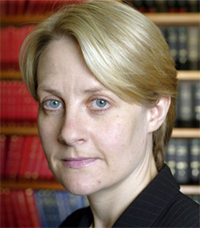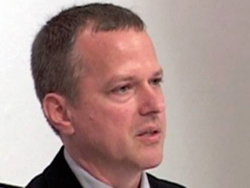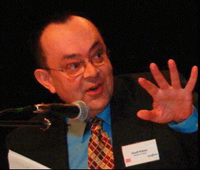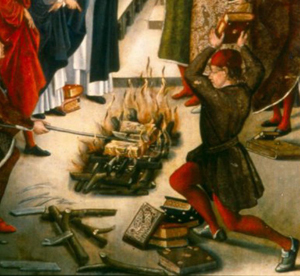In October 2014, the East Midlands Salon hosted a discussion entitled ‘What is a university for?’
Universities are distinct institutions that engage in the pursuit of knowledge and understanding without fear or favour. Historically universities have been seen as custodians and conduits for the best of intellectual thinking within and on behalf of society. This consensus view of what universities are for has been challenged by government and funding bodies concerned with the ‘impact’ of research and its benefits to wider society and the economy.
At the same time we have seen a complementary emphasis on the student as ‘consumer’ and a growing concern with ‘student experience’ and ‘student satisfaction’. Are we seeing the end of the university as a public good and its replacement by commercial forces or a shift in focus for the greater benefit of everyone in society?



